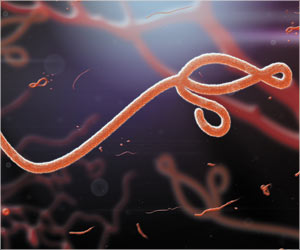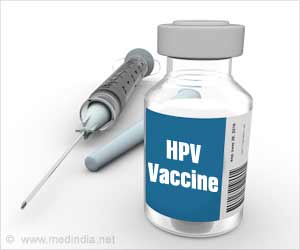Given the substantial capital needed at the onset, few companies are willing to buy in. A global vaccine-development fund could help shoulder the financial burden.

Adel Mahmoud, professor at Princeton University in the US, said, "And the economic reality today is that strategic support from government and other investors is needed to address the most difficult infectious disease problems."
In the case of Ebola, vaccine candidates were available before the deadly outbreak began, but there were no funds to test them. The researchers said, "Had one been tested, public health workers could have vaccinated people from the start, saving thousands of lives."
The authors suggested that with initial support, the global vaccine fund could help make vaccines available for emergency use. They said, "Cost is one of the biggest obstacles to vaccine development. Given the substantial capital needed at the onset, few companies are willing to buy in. But a global vaccine-development fund could help shoulder the financial burden."
Mahmoud said, "So many vaccine ideas have been shelved due to a lack of funding. In the case of Ebola, there have been numerous vaccine discoveries over the past few decades, and yet no vaccines were deployed until very recently."
The article is published in the New England Journal of Medicine.
Advertisement









